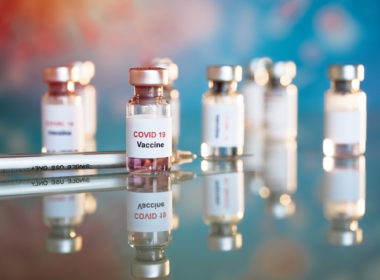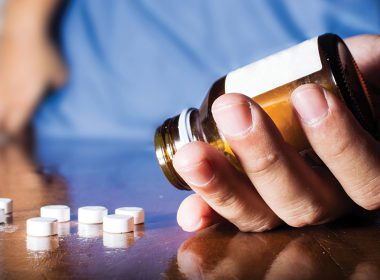A decade after the first class action was filed against pelvic mesh implant manufacturer Johnson & Johnson, a $300 million settlement has been reached in two class actions.
The settlement makes history as the largest product liability class action settlement in Australia to date, subject to Federal Court approval.
Worldwide, thousands of women reported chronic pain, incontinence, and sexual dysfunction as a result of surgically inserted vaginal mesh that was touted as a treatment for prolapse, or to repair damage to the pelvic organs.
Instead, the mesh became intertwined within the bodily tissues, warping with erosion and cutting into the vaginal wall, causing scarring and searing, ongoing pain with no way to safely or effectively remove the mesh.
Shine Lawyers filed the initial class action in October 2012, resulting in a judgement in favour of the 1,350 women who had suffered irreparable damage from the implants.
Women who had received a mesh implant on or following 4 July 2017, who had not been able to join the initial class action, were part of the second class action filed in April of last year.
In March of 2021, Johnson & Johnson Medical and Ethicon’s appeal to the federal court was dismissed and the original judgement upheld. In November, the High Court dismissed the company’s application for special leave to appeal.
This $300 million settlement follows Shine Lawyers’ successful settlement with another manufacturer of the vaginal mesh Boston Scientific, worth $105 million, in July. They are still handling a class action against American Medical Systems for faulty mesh implants.
Transvaginal mesh was reclassified by the TGA [Therapeutic Goods Administration] in November 2017, when it removed transvaginal mesh products “whose sole use is the treatment of pelvic organ prolapse via transvaginal implantation” from the Australian Register of Therapeutic Goods.
Rebecca Oates, 35, from Geelong in Victoria joined the class action in 2015, two years after she received the vaginal mesh implant. At 26, she’d experienced a prolapse and minor bladder leakage after the birth of her son, and her gynaecologist recommended the mesh insert. She has since had multiple surgeries to address leakage, chronic pain and infections.
The wife and mother of three – with a 13-year-old daughter, 9-year-old son and 3-year-old daughter – says her children are what keep her going. She embraces the settlement, but not without reservation.
“The $300 million settlement sounds like a lot, amazing, a big win, but there’s over 10,000 women in the class action and it will be distributed case-by-base differently depending on the severity of injury. It averages out to maybe $30,000 each, then you take out lawyer fees, pay back Medicare, private health, etcetera, and at the end of the day women aren’t walking out with much money, unfortunately.”
Oates says Johnson & Johnson have made it really tough, dragging the case on for so long. She had looked up their 2020 profit, but in June of of this year, their twelve-month revenue was $US95.5 billion.
“In 2020, Johnson & Johnson had a profit of $US82.6 billion. Medical devices, which is what we’ve been implanted with, was a $US23 billion profit. Making our lives so hard, and even squeezing out $300 million from them for 10,000 women, is frustrating. It’s not a financial win for all of us, once it’s broken down. It’s not enough to survive on for the rest of my life, it’s not even 6 months of a living wage.”
Oates has not been able to work since she was 26, “and most likely I won’t be for the foreseeable future and possibly for the rest of my life.”
She says, “I’m trying to focus on the positives that this lawsuit has done. It has brought awareness so that women can make informed decisions around whether they want a product like that inserted; it’s validation, though it’s unfortunate that 10,000 women had to get together with the same symptoms and problems to be believed, and it has meant regulation has banned a lot of those products.”
Oates reflects on the longer-term impact of the class action.
“It was a message that when we band together, we can hold a billion-dollar company accountable. To be found guilty, then guilty again at their appeal, and guilty again at their next appeal. Perhaps they’ll think twice now about profits before patients. Hopefully other industries will also think about the consequences of cutting corners.”




